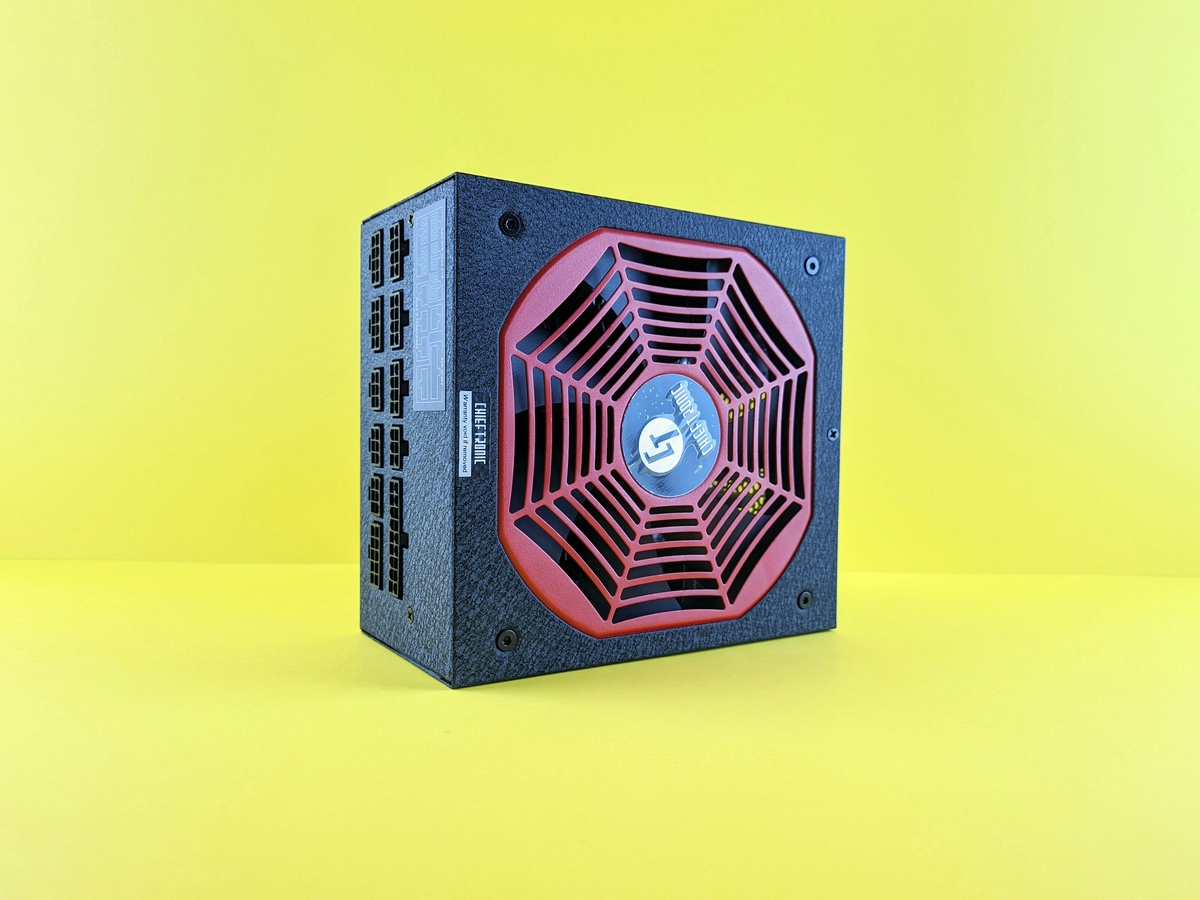In the vast, bustling city that is your computer, the Power Supply Unit (PSU) acts as the power plant, a critical facility that ensures every resident and business within gets the energy they need to thrive. However, unlike a city's power plant, the PSU's efficiency and performance directly influence how well your PC runs — from snappy response times in high-stakes gaming sessions to smooth, uninterrupted performance during intense workloads. So, how do you ensure that this unsung hero of your PC setup is up to the task? Let's dive into the world of PSUs, unraveling their secrets to help you maximize your system's performance and efficiency.
Table of Contents
| Sr# | Headings |
|---|---|
| 1 | The Critical Role of a PSU |
| 2 | Understanding PSU Efficiency |
| 3 | How Wattage Affects Performance |
| 4 | The Significance of the 80 Plus Certification |
| 5 | Modular vs. Non-Modular PSUs |
| 6 | PSU Form Factors and Compatibility |
| 7 | Choosing the Right PSU for Your Needs |
| 8 | The Impact of Rails on Stability |
| 9 | PSU Features That Matter |
| 10 | The Link Between PSU and PC Longevity |
| 11 | Troubleshooting Common PSU Issues |
| 12 | Future Trends in PSU Technology |
| 13 | Installation Tips for Your New PSU |
| 14 | Conclusion: Powering Up Your PC with Confidence |
The Critical Role of a PSU
A PSU does more than just supply power; it's the linchpin of your PC's stability and performance. Like a city's power grid, a good PSU ensures that every component gets the right amount of power at the right time.
Understanding PSU Efficiency
Efficiency in a PSU is akin to how well a car uses its fuel. The more efficient it is, the less power it wastes as heat, which means lower electricity bills and a cooler-running system.
How Wattage Affects Performance
Wattage is the horsepower of the PSU world. More isn't always better, but having enough wattage to meet and slightly exceed your system's needs is crucial for optimal performance.
The Significance of the 80 Plus Certification
The 80 Plus certification is like a restaurant's star rating but for energy efficiency. It guarantees that a PSU is at least 80% efficient at various loads, with higher certifications (Bronze, Silver, Gold, Platinum, Titanium) indicating even greater efficiency.
Modular vs. Non-Modular PSUs
Choosing between a modular and non-modular PSU is like deciding between a custom-built home and a prefab model. Modular PSUs let you use only the cables you need, reducing clutter and improving airflow in your case.
PSU Form Factors and Compatibility
Not all PSUs fit in every case. Like shoes, they come in different sizes (form factors), and choosing the right one ensures a good fit with your system's case and motherboard.
Choosing the Right PSU for Your Needs
Selecting a PSU isn't just about picking the one with the highest wattage. Consider your system's power requirements, future upgrades, efficiency, and features to find the perfect match.
The Impact of Rails on Stability
Rails in a PSU are like the lanes on a highway, directing power to different parts of your system. Well-designed rails ensure that components like your GPU and CPU get stable, uninterrupted power for peak performance.
PSU Features That Matter
Some PSUs come packed with features like fanless designs for silence, digital interfaces for monitoring, and various protections (over-voltage, under-voltage, short circuit) to safeguard your system.
The Link Between PSU and PC Longevity
A high-quality PSU can be the fountain of youth for your PC, providing stable power that helps prevent wear and tear on components, thereby extending the life of your system.
Troubleshooting Common PSU Issues
When things go wrong, knowing how to troubleshoot common PSU issues can save you time and headache. Symptoms like random reboots or failure to power on often point to PSU problems.
Future Trends in PSU Technology
As PCs evolve, so do PSUs. Future trends include even higher efficiency ratings, smarter thermal management, and integration with other components for synchronized power delivery.
Installation Tips for Your New PSU
Installing a PSU is like laying the foundation for a building — it needs to be done right. Tips include ensuring proper orientation, securely connecting all cables, and managing cables for optimal airflow.
Conclusion: Powering Up Your PC with Confidence
Choosing and maintaining the right PSU is critical for maximizing the performance and efficiency of your PC. By understanding the key factors that contribute to a PSU's effectiveness, such as efficiency, wattage, form factor, and the importance of the 80 Plus certification, you can make an informed decision that meets your system's needs and future-proofs your build. Remember, the PSU is more than just another component; it's the foundation upon which your PC's performance and stability are built. With the right PSU, you'll not only ensure that your system runs smoothly and efficiently but also protect your investment by extending the lifespan of your components. So, take the time to research, choose wisely, and enjoy the peace of mind that comes from knowing your PC is powered by a PSU that's perfectly suited to your needs. Power up your PC with confidence, and embrace the full potential of your computing experience


No comments yet